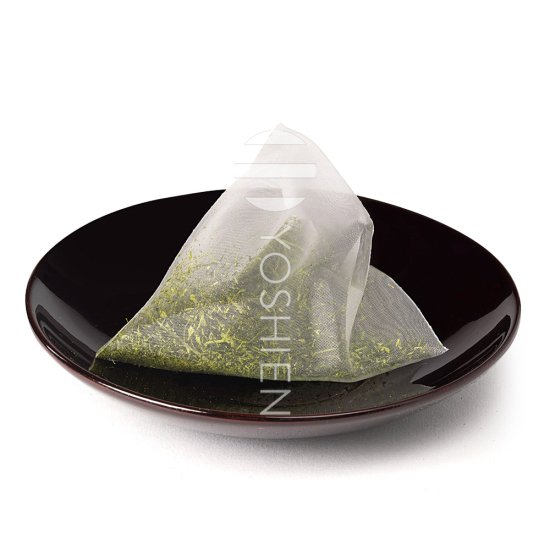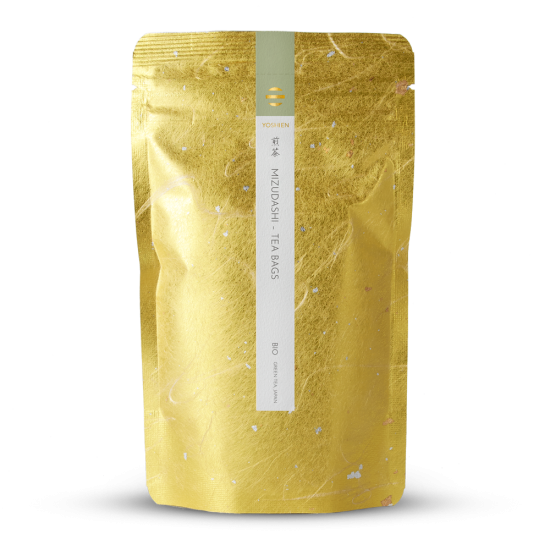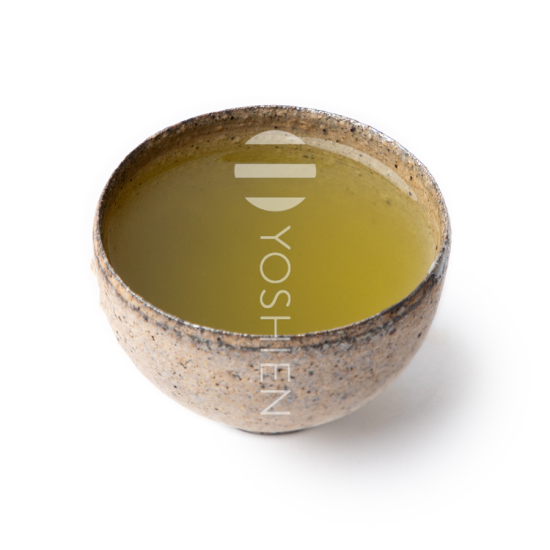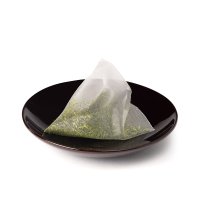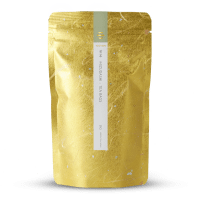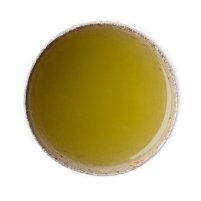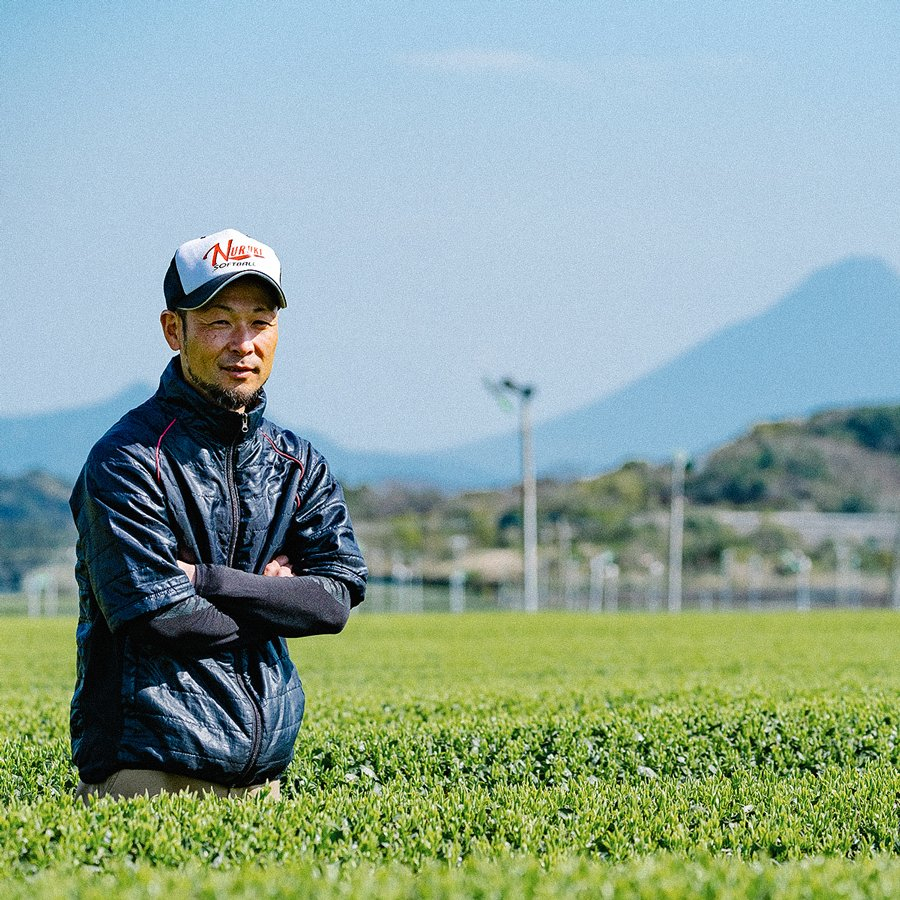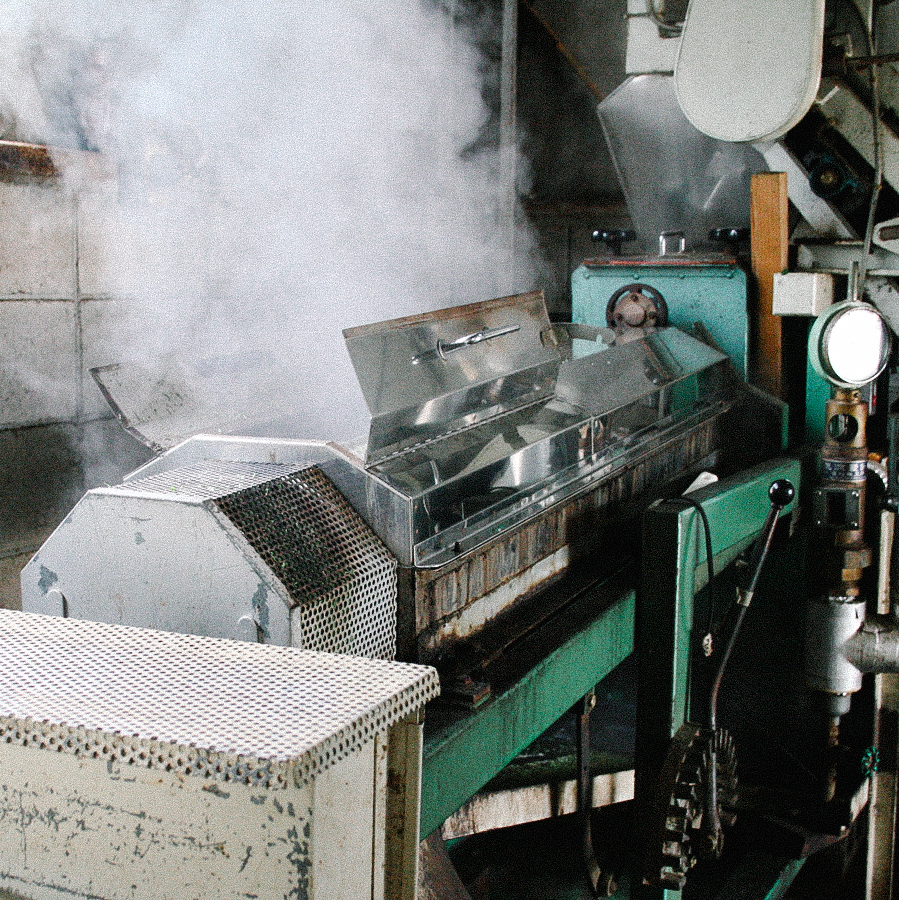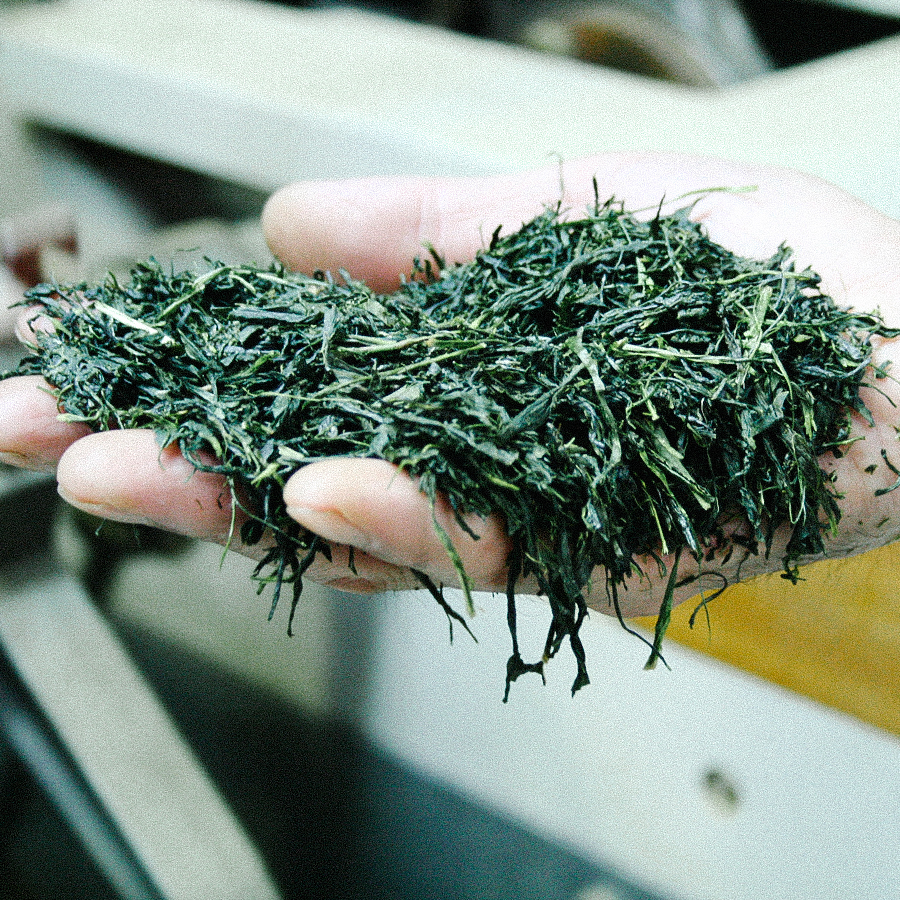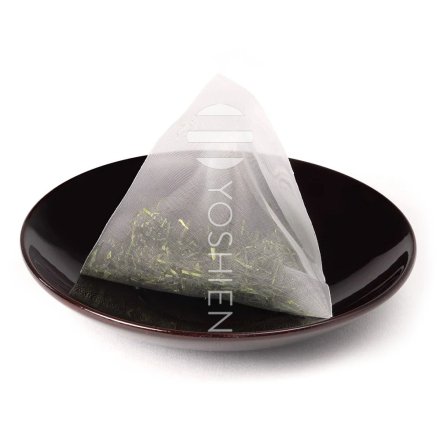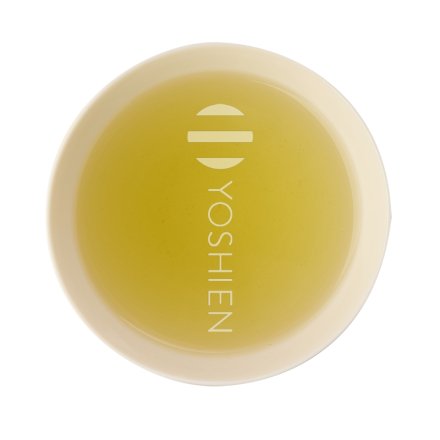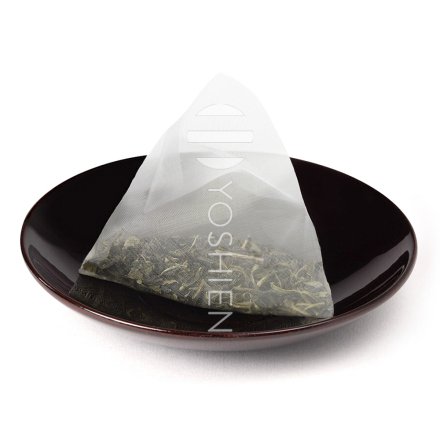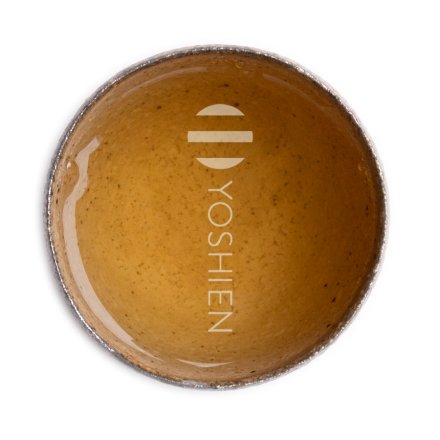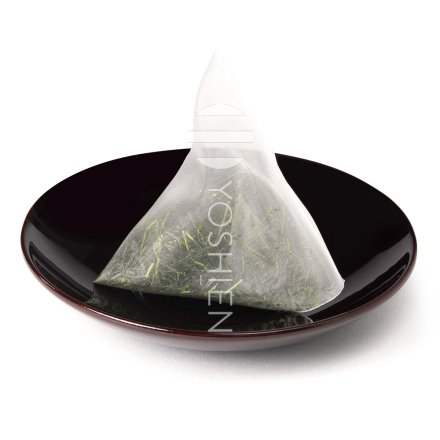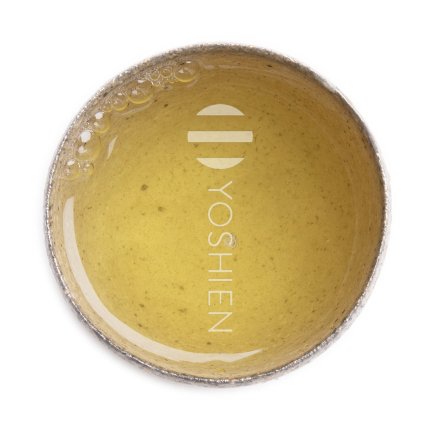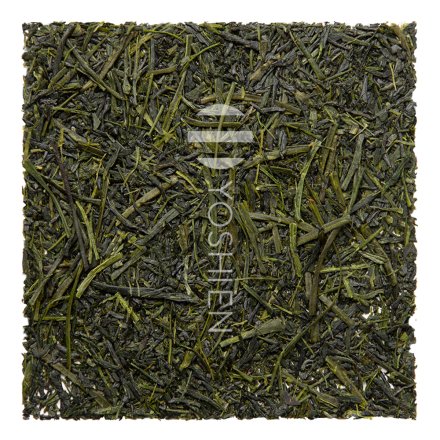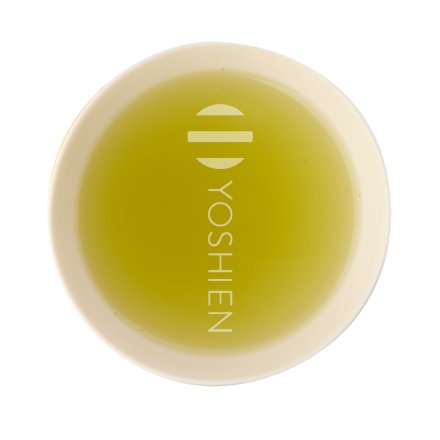The tea field is located in the fertile lands of southern Chiran in Kagoshima, Japan. The sun shines intensely over these coastal lowlands, thus encouraging the synthesis of bitter substances in the tea plants. The tea field has been certified organic since 1998 and utilises self-produced natural fertiliser that is fermented for 3 years and made from a nutritious combination of bamboo powder and mineral-rich stone. The fertile volcanic soil is further complemented by the ashes that are carried by the wind from the nearby active volcano, Mt. Sakurajima.
The tea is immediately washed with water after harvest to cleanse away volcanic ash. The tea farmer takes special pride in the use of older, traditional rolling and drying machinery that is made of bamboo rather than plastic. The bamboo components ensure the high quality of the tea during processing.
Single Origin
This tea is exclusively sourced from the above mentioned tea farm in Chiran. Sourced directly from the tea farmer.
Organic Certification






